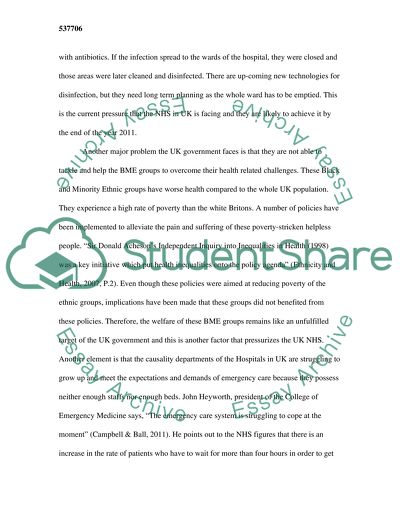Cite this document
(“Healthcare and Health Policy in the UK Essay Example | Topics and Well Written Essays - 1500 words”, n.d.)
Retrieved from https://studentshare.org/health-sciences-medicine/1422464-health-care-and-health-policy
Retrieved from https://studentshare.org/health-sciences-medicine/1422464-health-care-and-health-policy
(Healthcare and Health Policy in the UK Essay Example | Topics and Well Written Essays - 1500 Words)
https://studentshare.org/health-sciences-medicine/1422464-health-care-and-health-policy.
https://studentshare.org/health-sciences-medicine/1422464-health-care-and-health-policy.
“Healthcare and Health Policy in the UK Essay Example | Topics and Well Written Essays - 1500 Words”, n.d. https://studentshare.org/health-sciences-medicine/1422464-health-care-and-health-policy.


